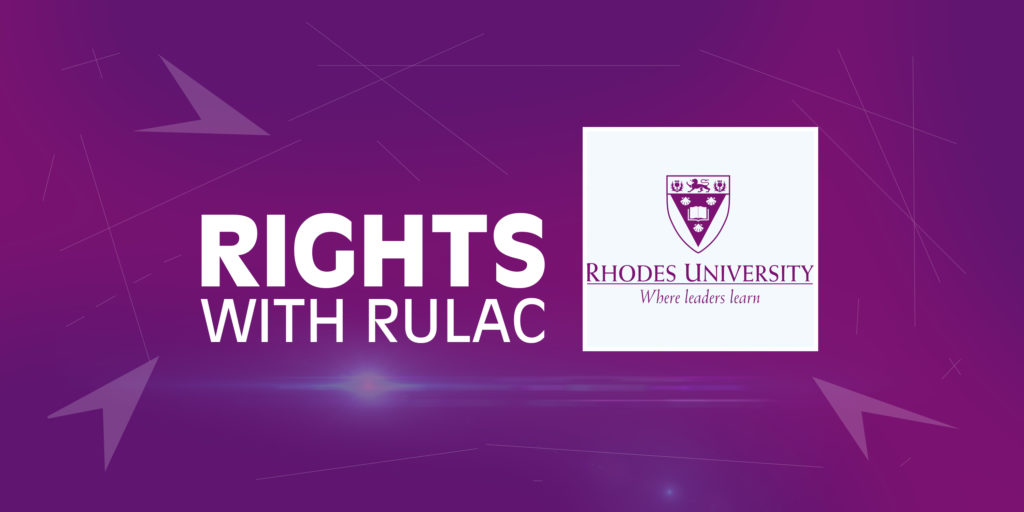By AMANDA MNGOMEZULU
Parenting comes with many challenges, but these become greater when parents are separated or are in the process of getting divorced, and cannot agree on with whom and where the minor child will reside. With whom the child resides, however, affects the child more than the parents. It is therefore necessary for the court, as the upper guardian of the minor child, to decide which parental plan or arrangement is most suitable and promotes the best interests of the minor child in the circumstances. In making its decision the court is guided by, among other things, a recommendation made by the Office of the Family Advocate as to which parental plan or arrangement is most suitable and in the best interests of the minor child.
A family advocate is a legal officer employed by the Department of Justice to act as a neutral person who focuses solely on the best interests of the minor child, where such child’s rights, care or contact may be affected in one way or another. This is usually the result of the parents divorcing, parents no longer living together, or other members of the family wanting or being denied access to the minor child. The Office of the Family Advocate, which comprises of lawyers, social workers and family counsellors, seeks to promote and protect the best interests of the minor child in disputes regarding parental rights and responsibilities.
The family advocate mediates disputes between parents and extended family members over parental rights and responsibilities, assists with drafting resultant agreements and parenting plans, and assists with disputes regarding the care and contact of the minor child.
Any interested party (the mother, father or relative of the minor child) can make an application to court or the family advocate regarding the care and contact of the child. Once the application is made, the family advocate institutes an inquiry into the matter and interviews the parents of the child to ascertain the factual background to the matter. The family advocate also interviews the minor child to allow him/her the opportunity to be heard.
During the inquiry process, the family advocate may work with other professionals such a social workers, psychologists and therapists in an attempt to ascertain what is in the best interests of the minor child. Through this process, the family advocate must satisfy him/herself as to what is in the best interests of the minor child, taking into account all factors before him/her. The family advocate makes a qualified and motivated recommendation in the form of a report to the court concerning parental rights and responsibilities, guardianship and the contact and care of the minor child. This report is often supported by a report from a ‘family counsellor’ who is also employed in the Office of the Family Advocate (usually a social worker).
The recommendation made by the family advocate is intended to assist the court in deciding a matter and arriving at a particular order. The recommendation does not bind the court, and is not enforceable unless it is incorporated into the court order.
The courts are, however, required by law to consider the family advocate’s report and recommendation when making a decision. The courts will not readily grant a decree of divorce without the recommendation or report of the family advocate (in cases where there is a dispute regarding the minor children). It is very important, however, to note that a family advocate cannot become involved in any matter which has already been finalised by the court. A family advocate can also not be subpoenaed to court as a witness to give evidence on behalf of any party (parent or family member), even if the recommendation is in favour of that party.
In essence, disputes regarding parental rights and responsibilities as well as those concerning the care and contact of a minor child may be referred to a family advocate. The services of the family advocate to the public are rendered free of charge, as this public service is provided by an office of the Department of Justice.
- Amanda Mngomezulu is a candidate attorney at the Rhodes University Law Clinic.
Rhodes University Law Clinic helping you
The Rhodes University Law Clinic strives to improve access to justice through the provision of free legal services to indigent people in most areas of law. In addition to its New Street offices, Law Clinic staff are available to clients at the Assumption Development Centre (Konongendi), Nceme Street, Joza, on the first and third Thursday of every month from 9am-12pm.
Law Clinic staff also conduct a talk show on Radio Grahamstown on the second and fourth Friday of every month, and provide workshops on a wide range of topics in order to raise awareness of people’s rights. For more detail, please contact the Rhodes Law Clinic:
Rhodes University Law Clinic
41 New Street, Grahamstown
Telephone 046 603 7656
lawclinic@ru.ac.za


